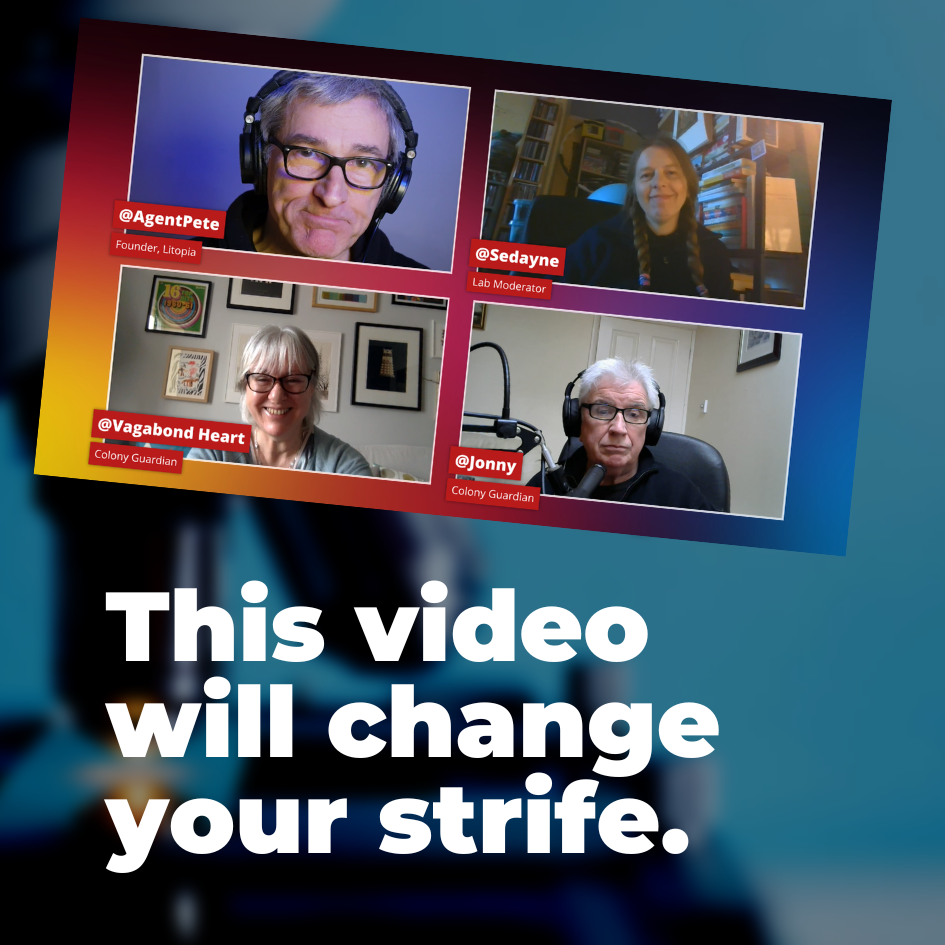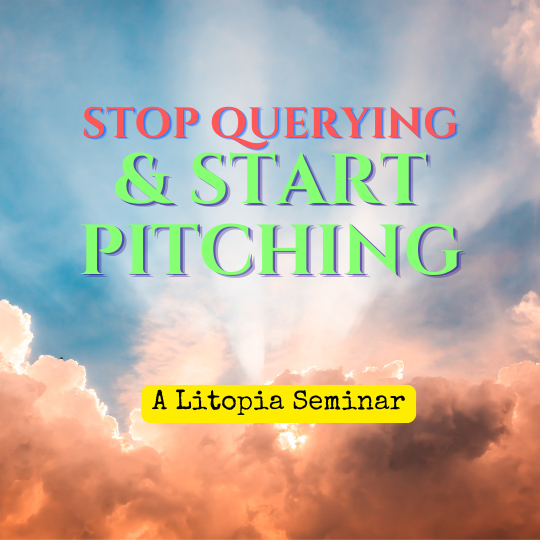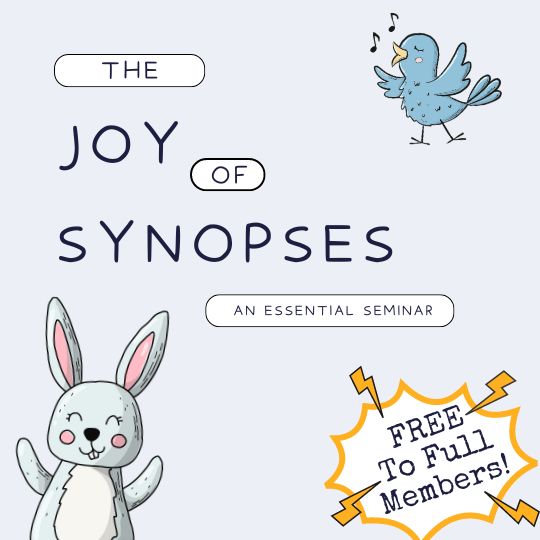I'm not sure if it's meant to imply it's happening at that very instant, as that would be improbable, but rather it's a stylistic device.
Yes, that's what I've always assumed, but as you say:
It really does lend an immediacy to the story like you're there in the scene with the action.
A fact which seems, to me at least, to contradict the idea that it's only a stylistic device, and which leads to my feeling of
where am I? You mentioned that:
I've also seen it used just parts of novels, as you say for effect, to add drama to a specific scene.
This is what it always sounds like to me – like a dramatic effect. We all do that thing (don't we?) of switching into present tense when we're telling a particularly juicy tale in conversation.
– So what happened with Billy? Dev said he went mental.
– Yeah, you could say that. We were in the Dutchman, all of us, and I'd just ordered a round when in comes Billy, off his nut on I don't know what, and Christ-on-a-bike he was angry. He comes straight in and charges at Malcs, and he's got a bloody cosh in his hand, hasn't he? Dev and I get between them, but Billy isn't having it, so it takes all three of us to calm him down. I had to sit on him in the end.
I suppose my unease with first-person present singular is that a novel written entirely in that elevated dramatic register can get tiring.
It's one of my pet hates, but younger people and shorter stories seem to fit it, depending on the intended audience and the stylistic choices for the purpose of the story emotionally - longer pieces I won't read, as it's tiring to the brain.
We seem to be broadly on the same page, though I won't put a book down just because it's written that way. It's not a tense I'm comfortable with, but I wouldn't go as far as calling it a 'pet hate' – not for me anyway.
It's very common in YA and MG. In fact, I'm writing a YA fantasy just now in first person present tense. My aim is for it to seem as if it's happening right now and the reader is right there, with the protagonist.
Yes, it's very popular, I'm aware. It's interesting that you've deliberatly selected it to make it 'seem as if it's happening right now'. I think you're brave. It strikes me that it needs a really light touch to not be claustrophobic and narcisssistic. Your rewrritten version of my sentence is much better than the clunky example I gave:
I type with two fingers, a frown puckering my brow, wondering how to phrase the question.
I type with two fingers, my face stuck in a frown. How am I supposed to phrase this question without her thinking I'm being bitchy?
Again, I suppose my unease comes from describing mundane actions in what is for me a hightened register (I'm thinking about the typing and frowning bit). But then again, my example was clumsy, and so perhaps I'm being unfair – just creating a strawman to attack. You've got me thinking deeply about this. I guess I'm going to have to read some more in this tense and see if my unease goes away.
I think that's me finished with this particular message. I reach for the mouse and click <Post reply>.





